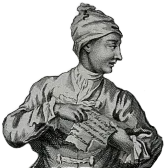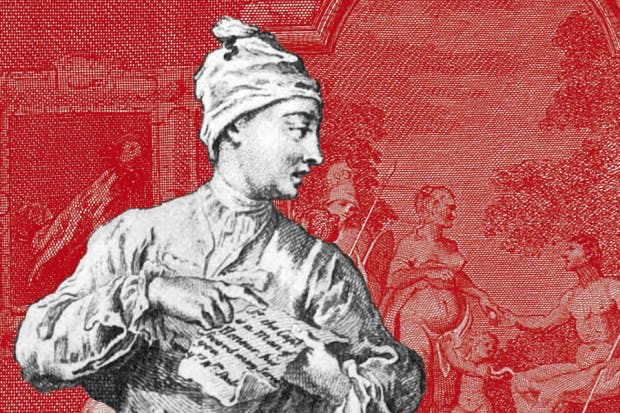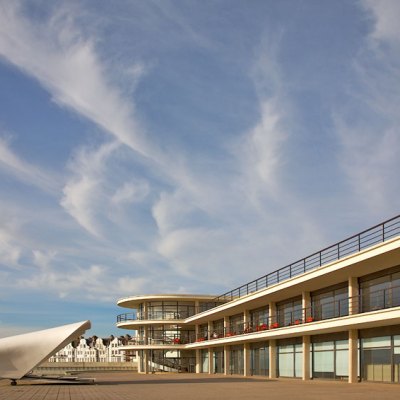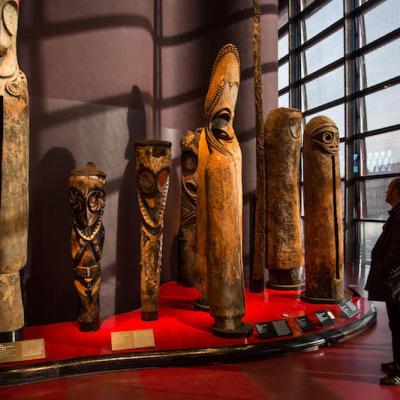Introducing Rakewell, Apollo’s wandering eye on the art world. Look out for regular posts taking a rakish perspective on art and museum stories.
The Rake’s eyes have been drawn to a Mail Online article, which features ‘never before seen pictures’ which ‘give [a] unique glimpse into William and Kate’s home at Kensington Palace’.
The photos in question show the Duke and Duchess of Cambridge entertaining President Obama during his visit to Britain last week. While Rakewell can’t confess to being an avid Palace watcher, he does like a forensic examination of a well-heeled residence. On this count, the piece didn’t disappoint: the Mail’s correspondents had examined the decor of the room in which the Windsors and their guest were pictured, and numbered almost every object on display – from an ‘iconic picture of Princess Diana with a young William and Harry’ to a ‘70cl bottle of Smirnoff ice worth £12’.
Alas, when it came to William and (history of art graduate) Kate’s tastes in art – the paper’s sleuths came out empty handed. One painting, they reckoned, was ‘What could be a painting by Dutch artist Melchior de Hondecoeter, known for illustrating black and white horses’: an educated guess, perhaps, but not a very good one. It is in fact A Page with Two Horses (c. 1655–60) by Aelbert Cuyp. It has now emerged that royal aides scrambled to remove the historical title of the work – A Negro Page – from the frame just moments before the Obamas arrived for dinner.
A further Old Master painting on display was described merely as ‘another fine work of art by an unknown artist’. After a quick browse of the Royal Collection database, the Rake is pleased to be able to clear things up. The landscape in question is in fact Landscape with Women Washing Clothes (c. 1725-30) by the Venetian Baroque painter Marco Ricci. It was acquired by George III from the collection of Joseph Smith in 1762.
Got a story for Rakewell? Get in touch at rakewell@apollomag.com or via @Rakewelltweets.




